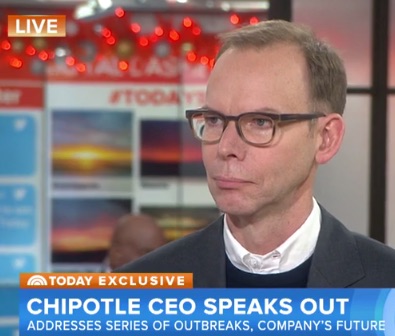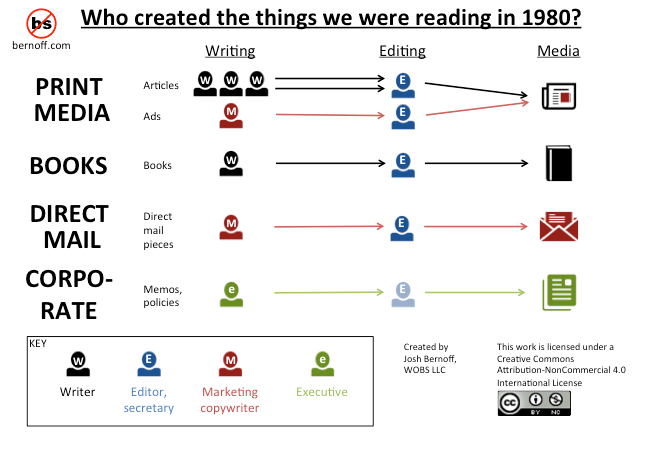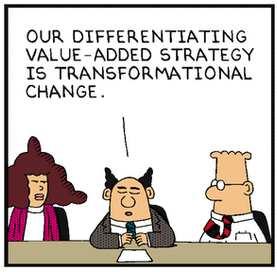Tesco layoff announcement begs the question “Is there a good way to say ‘You’re all fired?’ “
UK retailer Tesco laid off 1,200 people, one-quarter of its headquarters staff. Its layoff announcements have become perfunctory and heartless. Should we praise the company’s honesty? Here’s the public statement from Tesco, as reported in The Independent: This is a significant next step to continue the turnaround of the business. This new service model will…






